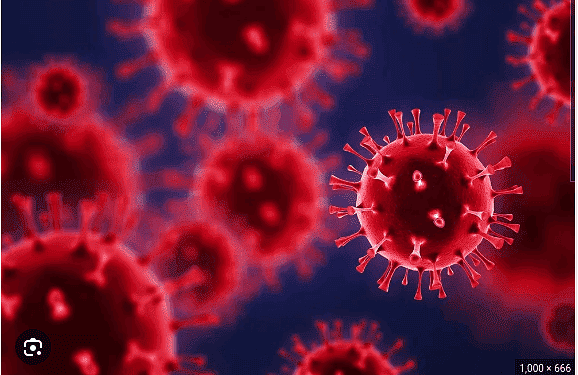Researchers from Canada have identified distinctive patterns of blood plasma proteins in patients with suspected long Covid that could serve as potential drug targets for improving patient outcomes.
Currently, between 10 and 20 percent of individuals with a confirmed case of Covid-19 will develop long Covid and experience a wide range of symptoms, including fatigue, cognitive fog, and difficulty breathing.
Canada’s Lawson Health Research Institute and London Health Sciences Centre (LHSC) discovered that the proteins in blood plasma, referred to as “the plasma proteome,” are released by cells that frequently play a crucial role in the body’s immune response to viruses.
In the article, which was published in The Journal of Translational Medicine, the team investigated how these proteins adapt and transform in protracted Covid.
Dr. Michael Nicholson, Associate Scientist at Lawson, remarked, “Attempting to comprehend this mechanism is crucial because it provides additional insight into how patients are affected.”
“This paper sheds additional light on a potential mechanism that may shed light on why some patients exhibit particular symptoms,” he added.
Blood plasma samples from long-term Covid outpatients were gathered for the study and compared to plasma samples from acutely ill Covid-19 patients and healthy volunteers.
Cristiana Iosef, Research Analyst at Children’s Health Research Institute (CHRI), a program of Lawson, explains, “We used novel technologies for this study, which allowed us to simultaneously analyze over 3,000 proteins in blood plasma from multiple patients.”
The proteins were analyzed using a novel bioinformatic pipeline, a form of artificial intelligence (AI), to determine the specific alterations that occur in long Covid.
Using cutting-edge technology, researchers were able to identify distinct patterns in blood protein. The team discovered that individuals with suspected long Covid have chronic inflammation accompanied by alterations in their immune cells and blood vessels. These alterations may cause problems in organs such as the brain and the heart.
Dr. Michael Knauer, Associate Scientist at Lawson, stated, “The preserved blood plasma samples that we are using helped us determine the long-term responses to Covid-19; serial blood plasma samples from individuals who had a Covid-19 infection and are now presumed to have long Covid will help us determine how proteins change over time.”
Dr. Douglas Fraser, Scientist and Critical Care Physician at the London Health Sciences Centre (LHSC) in Canada, remarked that the discovered proteins could serve as potential drug targets. In an effort to improve the prognosis for these patients, the team is investigating prospective new drug therapies.
“Once we have identified these signalling patterns in the blood plasma, we will be able to search drug databases to determine which drugs are best suited to target the changes we identified in long-term Covid patients,” he said. “With this knowledge, the identified drugs may be utilized in future Covid clinical trials of extended duration.”














































